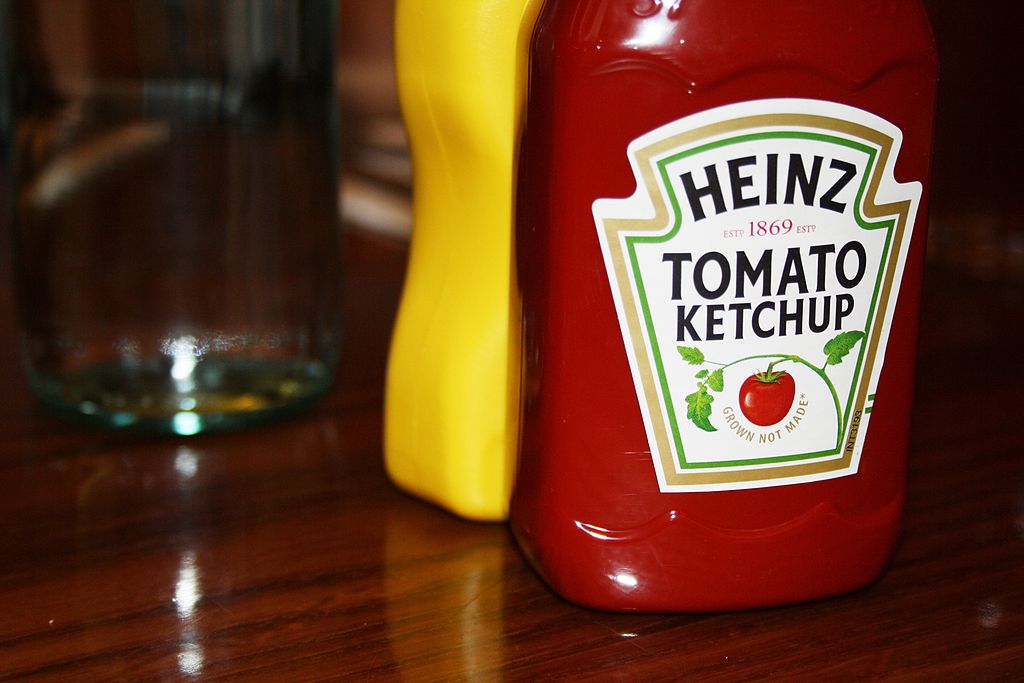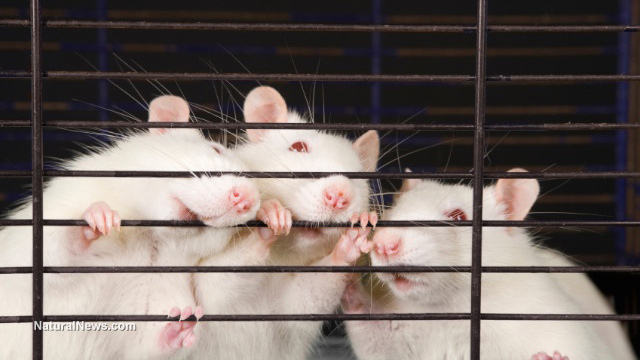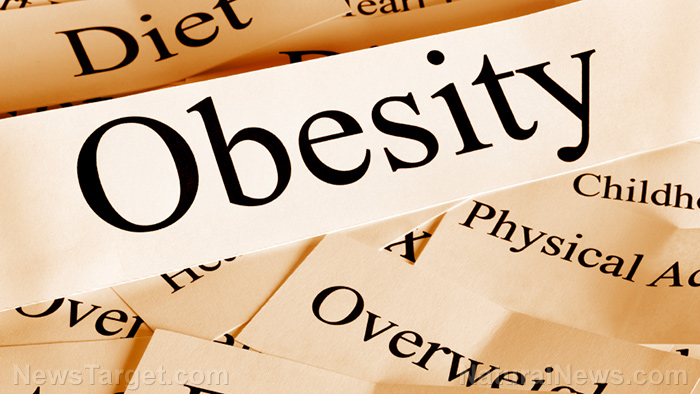Follow a balanced diet to boost overall health: Over 80,000 cancer cases a year are linked to poor diets, warn researchers
12/10/2019 / By Arsenio Toledo

In 2015, research has stated that about 5.2 percent of new cancer diagnoses could be directly attributed to poor diets and excess body weight. This puts lackluster nutrition on par with alcohol consumption as cause for cancer diagnoses. With over 60 percent of Americans being overweight, this presents a serious problem that needs to be addressed immediately.
While overall cancer diagnoses are declining, obesity-related cancers are still on the rise – and it doesn’t look like it’s stopping anytime soon. Americans continue to consume a diet of overly processed foods with very little to no nutritional value.
“Our findings underscore the opportunity to reduce cancer burden disparities in the United States by improving food intake,” said lead author of the study Dr. Fang Fang Zhang, a cancer and nutrition researcher from the Friedman School of Nutrition Science and Policy at Tufts University.
Study examined over 80,000 new cancer diagnoses
The study, published in the JNCI Cancer Spectrum in June 2019, found that an estimated 80,110 new cancer cases had “suboptimal diet” as an attributable cause. Of those, an estimated 67,488 cases were directly associated with their diets, while 12,589 could be due to “obesity-mediated associations.”
By cancer type, around 52,225 of the new cancer cases were diagnosed as colorectal cancer. This was followed by cancers of the mouth, pharynx and larynx, with about 14,421 cases; uterine cancer with 3,165 cases; and postmenopausal breast cancer with 3,059 cases. All these cases could be tied to the diets of the patients.
The highest proportion of cancers related to diet was seen in middle-aged adult males, between 45 to 64 years old, and racial and ethnic minorities such as Hispanics, non-Hispanic blacks and others. These classifications had more cancer diagnoses than any other age, sex or racial and ethnic group the researchers studied.
For dietary factors, 27,763 cases were linked to low consumption of whole grains; 17,692 to low consumption of dairy products; and 14,524 were due to a high intake of highly processed meats.
Overall, these findings have made the researchers, in their discussion section of the article, call for better nutritional guidelines in the US. “Our results call for nutrition policies to address US cancer burden.” They suggest, for example, government-backed, standardized labels for whole grains on foods and warning labels to be put onto highly processed meats.
Answer is clear: Eat a balanced diet
The answer to this growing problem of diet-related cancers is eating a balanced, nutritious diet. This means cutting out highly processed foods from your diet as much as possible and choosing only foods that come from natural sources. (Related: Can you eat a healthy diet and still have a sustainable lifestyle?)
For your healthy diet to actually work, it requires a low amount of red and processed meats, artificially sweetened drinks, alcohol and high-calorie foods. As you gradually eliminate cancer-causing foods from your diet, replace them with high amounts of fruits, vegetables, whole grains and healthy proteins that come from chicken, fish and pulses like lentils and beans.
A natural, clean diet isn’t all, however. There is growing evidence suggesting that weight loss can reduce the risk of several cancers such as postmenopausal breast cancer and some aggressive forms of prostate cancer. So, going for a jog or any other physical activity will greatly contribute to a lessened cancer risk.
With anywhere between seven to eight percent of all new cancer diagnoses being related to obesity and poor nutrition, switching to a healthier, more natural diet will significantly cut the number of cancer-related deaths by tens of thousands of people each year.
Sources include:
Tagged Under: diet, fast food, food poisoning, poor diet, poor nutrition, red meat, research
RECENT NEWS & ARTICLES
COPYRIGHT © 2017 FAST FOOD NEWS



















